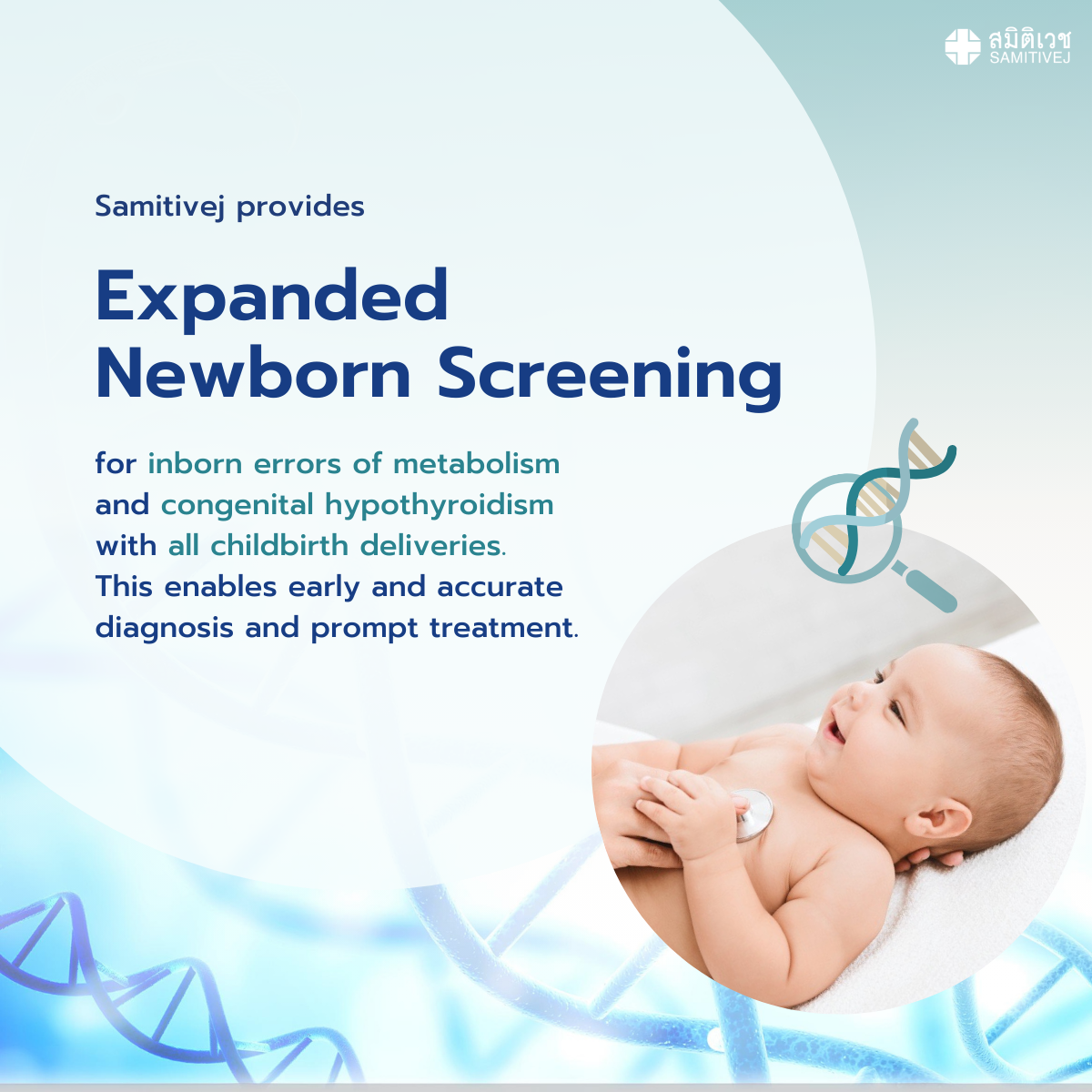Having a baby? Bangkok offers fantastic healthcare provisions and having a baby here is generally a very straightforward procedure. But as expats (or if one parent is Thai), there are a few legal and financial considerations you’ll need to think about before giving birth. Here are a few of the most important ones to consider.
Registering the birth: when at least one parent is Thai
If your spouse is Thai (regardless of whether you’re married) your child will automatically receive Thai citizenship. You’ll need to register the birth within 30 days, which can be done at a local district office. Your child will then be legally able to attend Thai school, receive a Thai ID card and buy property in the country. If you wish for them to have dual citizenship it’s worth speaking to a local lawyer ahead of time to make the necessary arrangements.
Registering the birth: when neither parents are Thai
If neither you nor your partner are Thai your child will not become a Thai national. Once the baby’s born you’ll need to get a Thai birth certificate. When you have this you can then apply for a passport at your county’s embassy in Thailand.
You’ll also need to report the birth to your Embassy in order to receive a Consular Report of Birth Abroad (CRBA). However, this document does not count as an actual birth certificate or a replacement for the locally issued certificate – this is something you’ll need to acquire when you’re back in your country of origin.
Your embassy will also have specific guidelines on the types of documents needed to register the birth. These can include a copy of your marriage certificate, an old utility bill or an expired passport. To save any unwanted hassle, contact your embassy to find out exactly what’s required.
Medical costs
There are a number of private hospitals in Bangkok that offer various birthing ‘packages’. Prices vary from hospital to hospital but generally start from around 65,000 baht for a natural birth and upwards of 80,000 baht for a planned c-section. Bear in mind that an additional charge is added to the advertised package price if a planned natural birth suddenly requires an emergency c-section.
This is something you might want to ask the hospital about when deciding on a package to help you make an informed decision about which hospital you ultimately decide to choose.
Maternity leave
In Thailand, mothers are entitled to a standard 90 days of maternity leave, including holidays. Employers are required to provide 45 of these days as fully-paid leave. As an expat, you’ll need to have worked for a minimum seven months before getting pregnant to be eligible for this benefit.
Register your email address here and we’ll notify you when a new article gets uploaded.
















